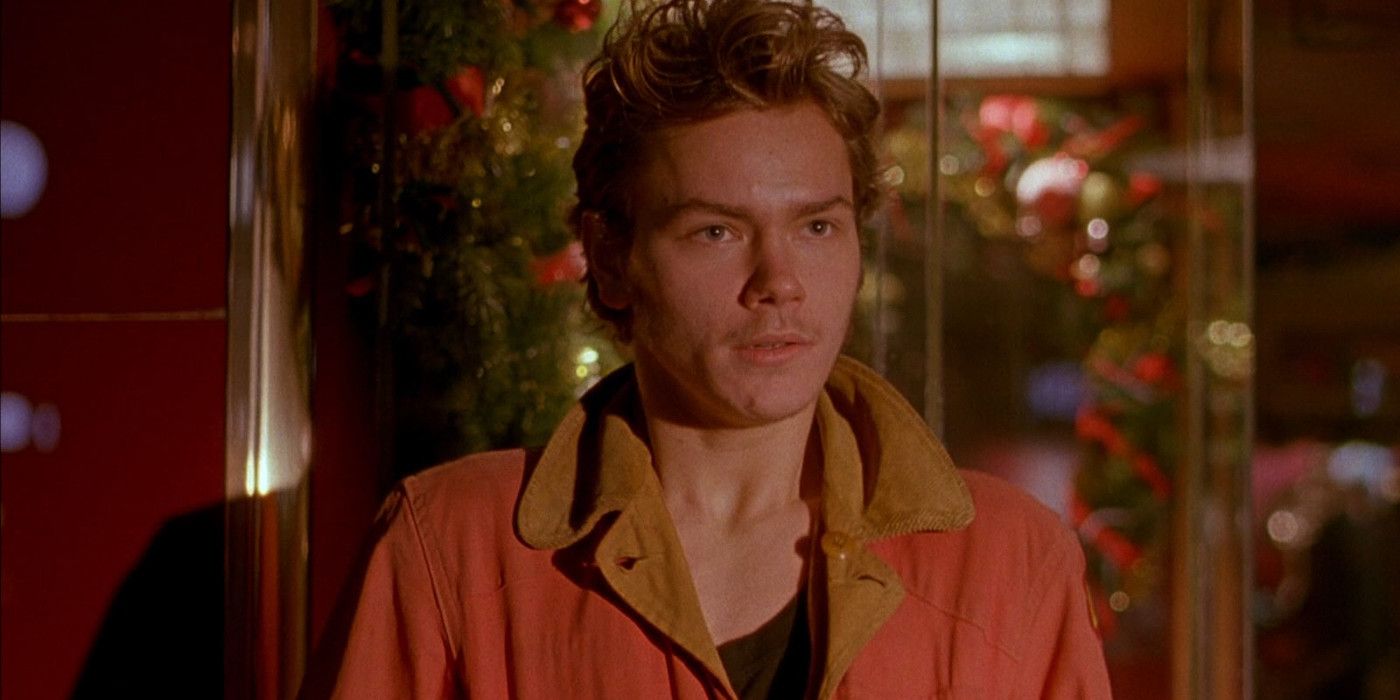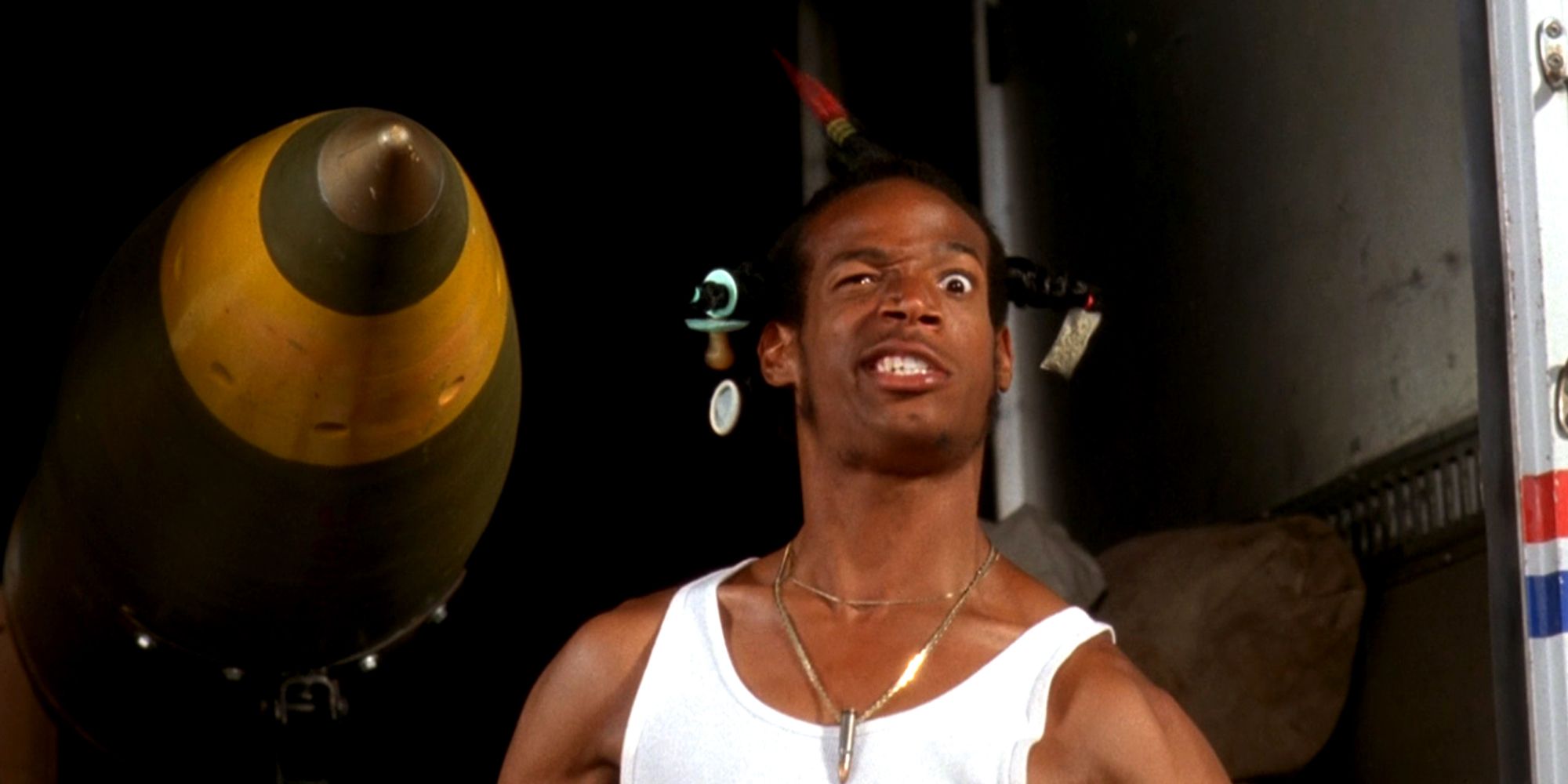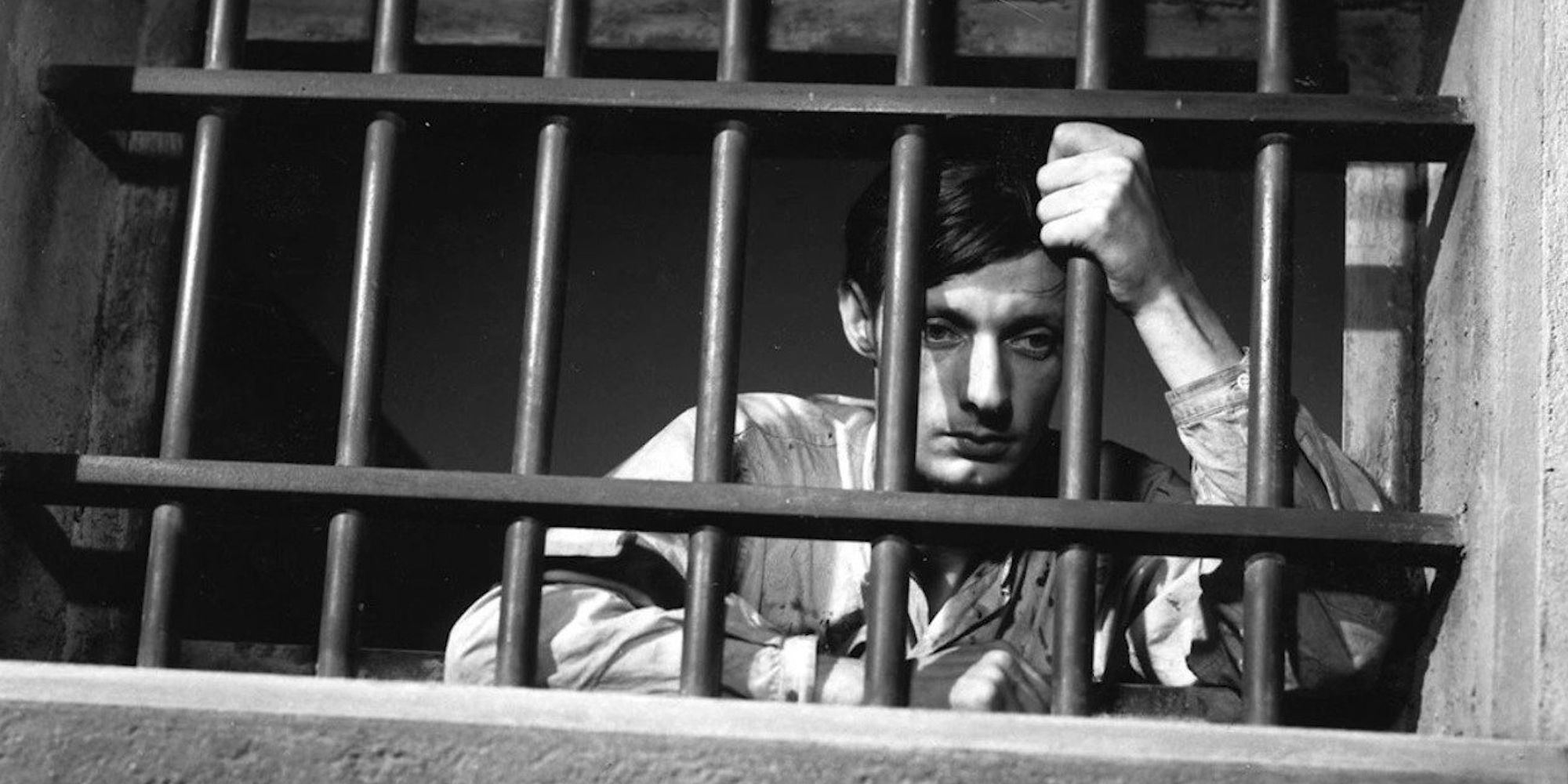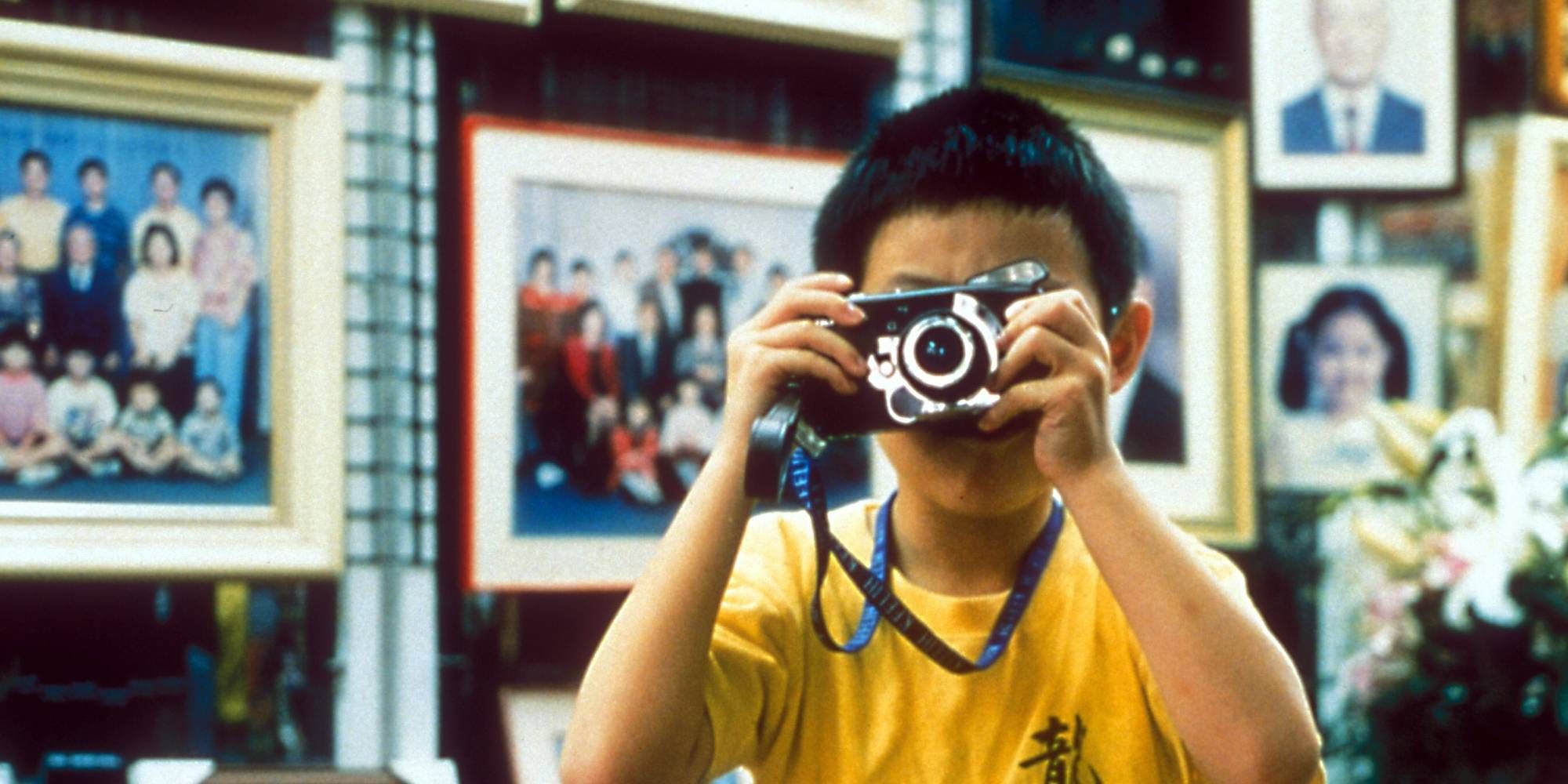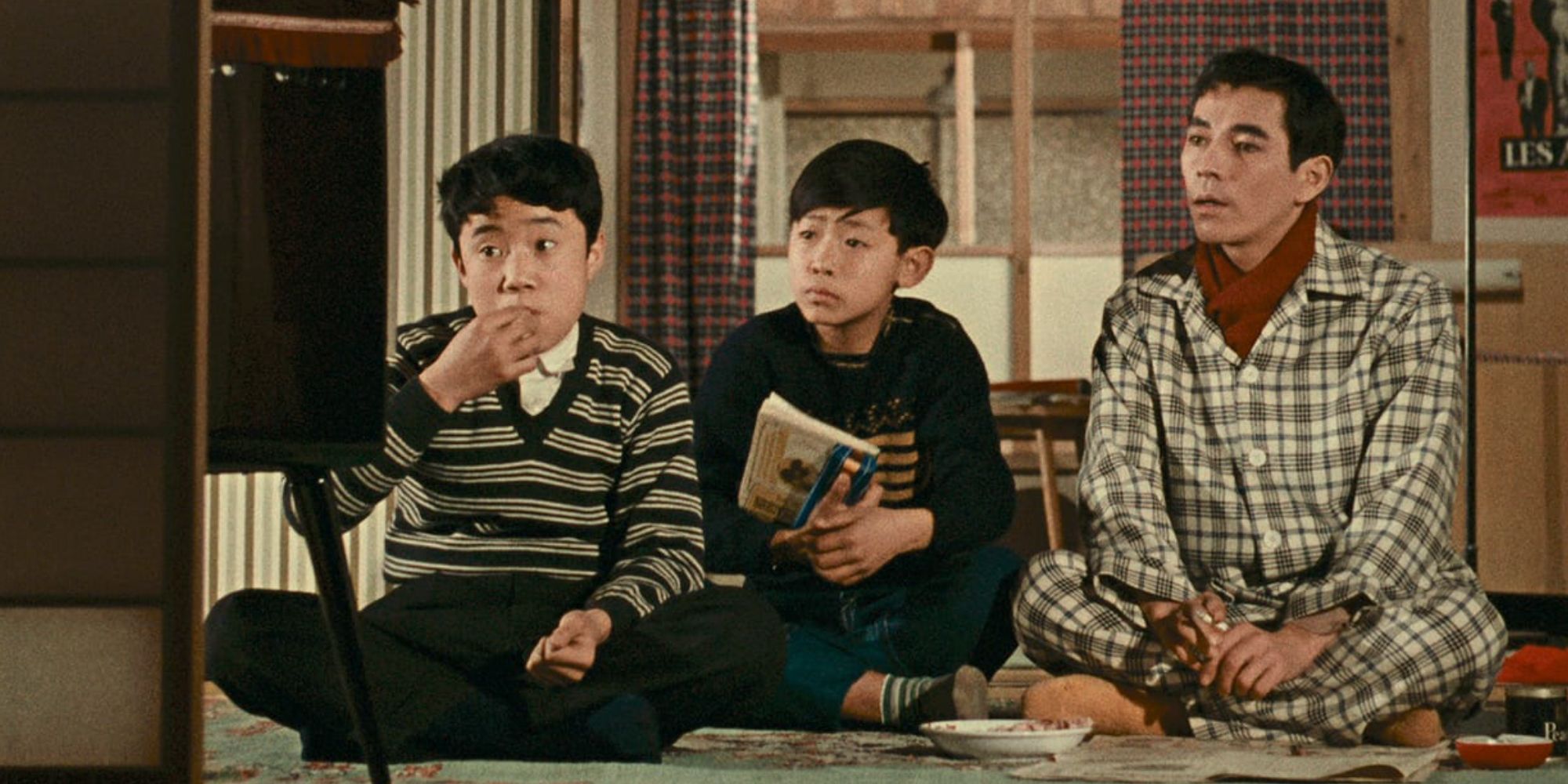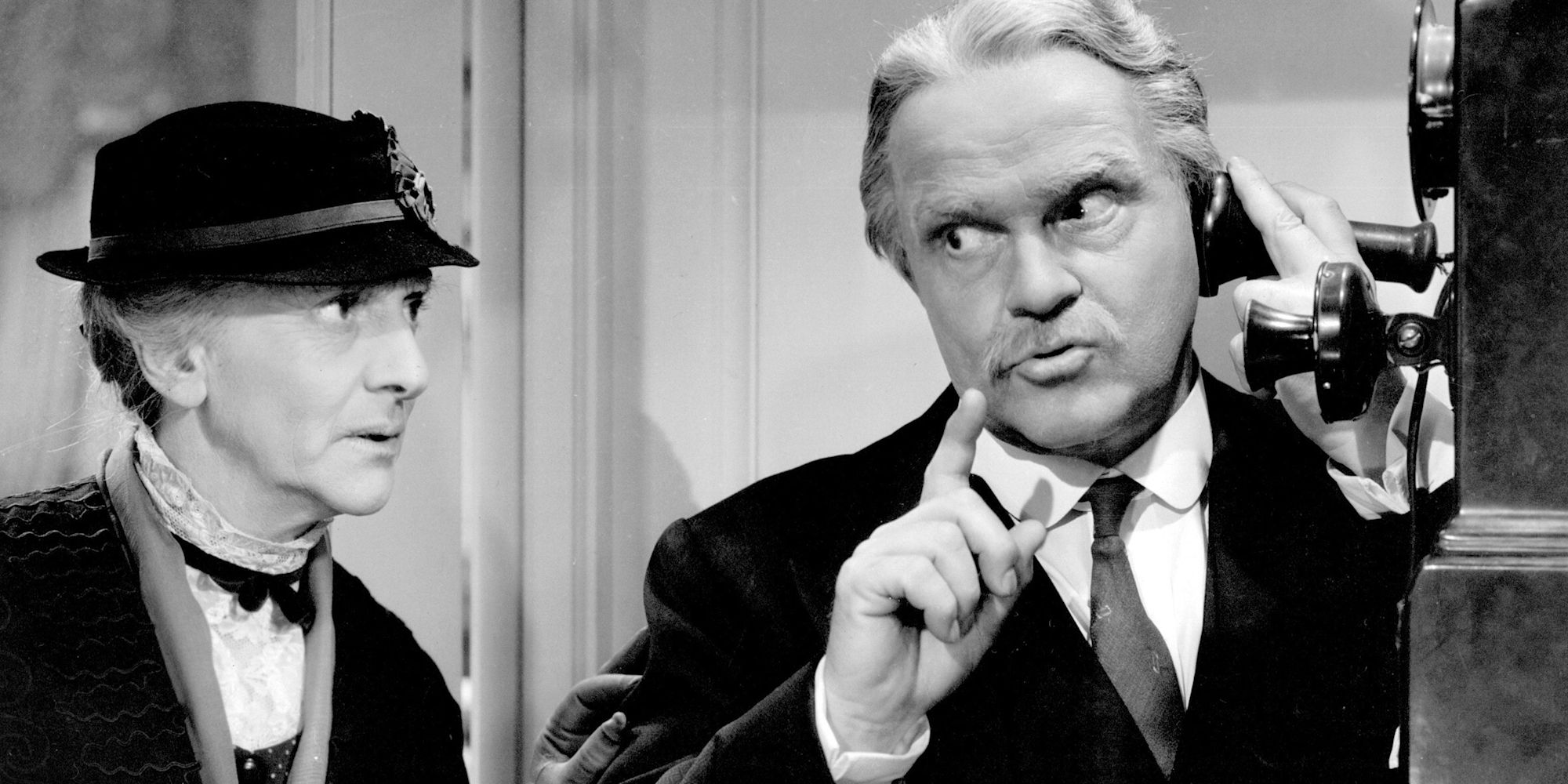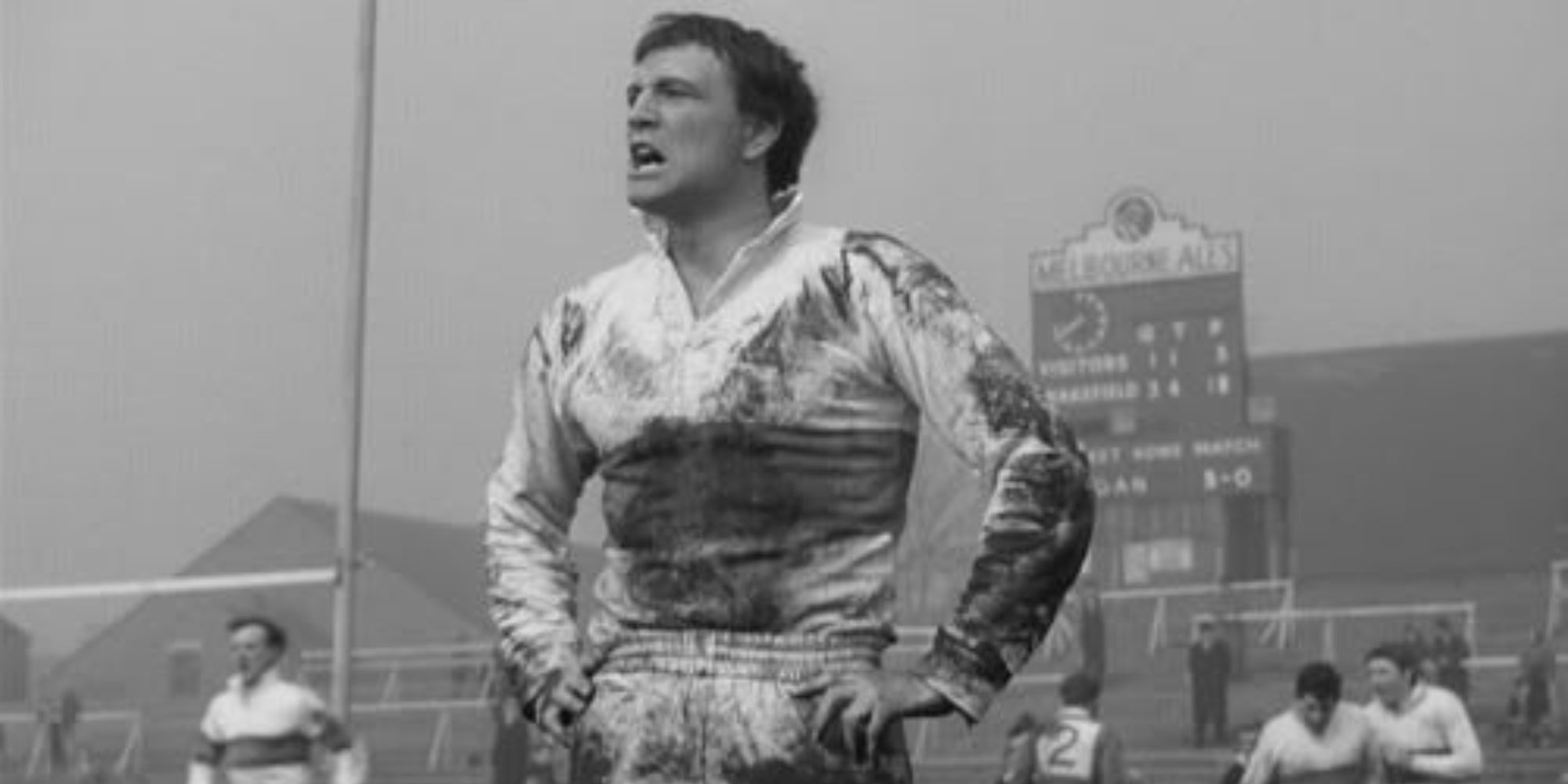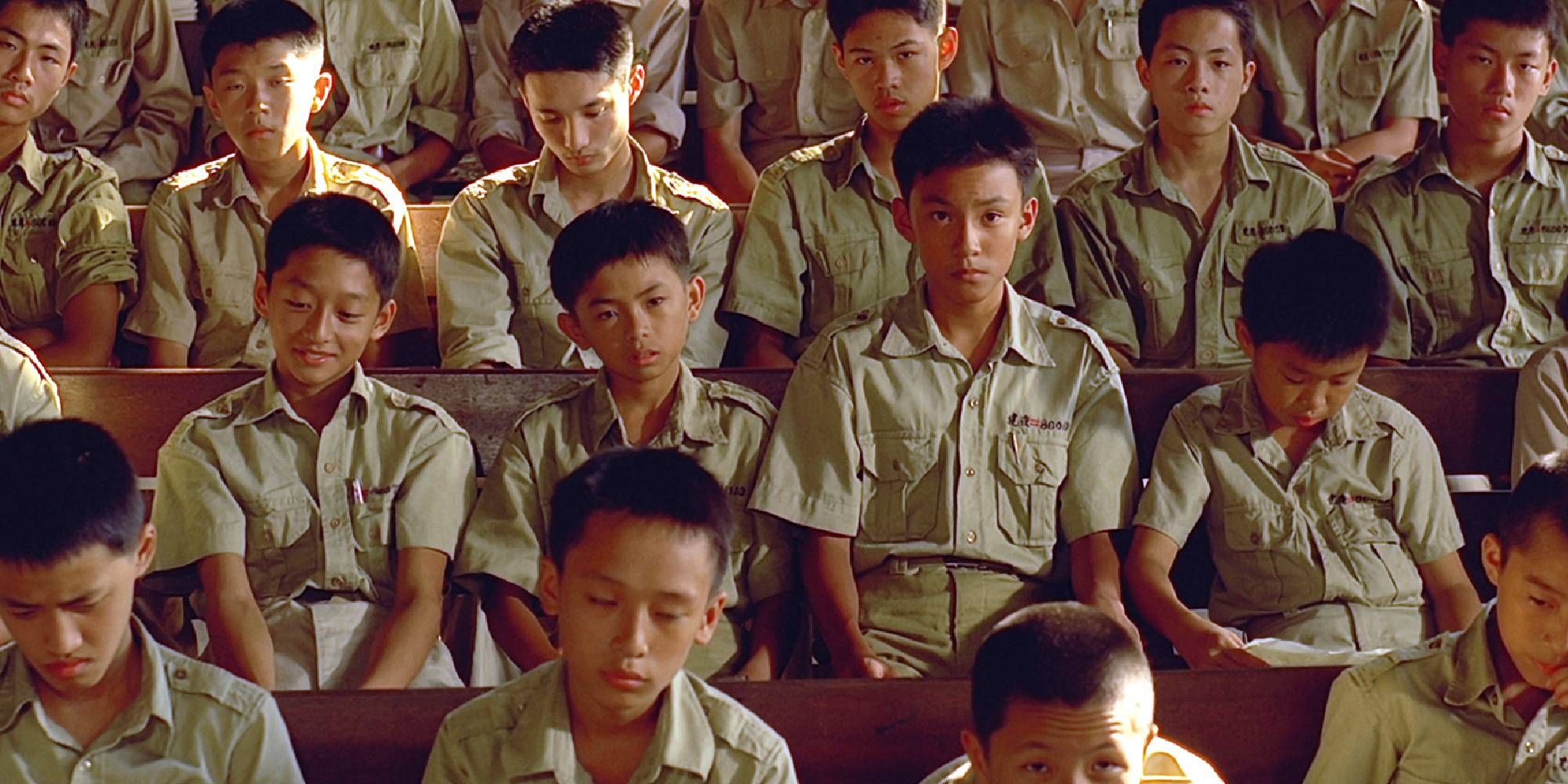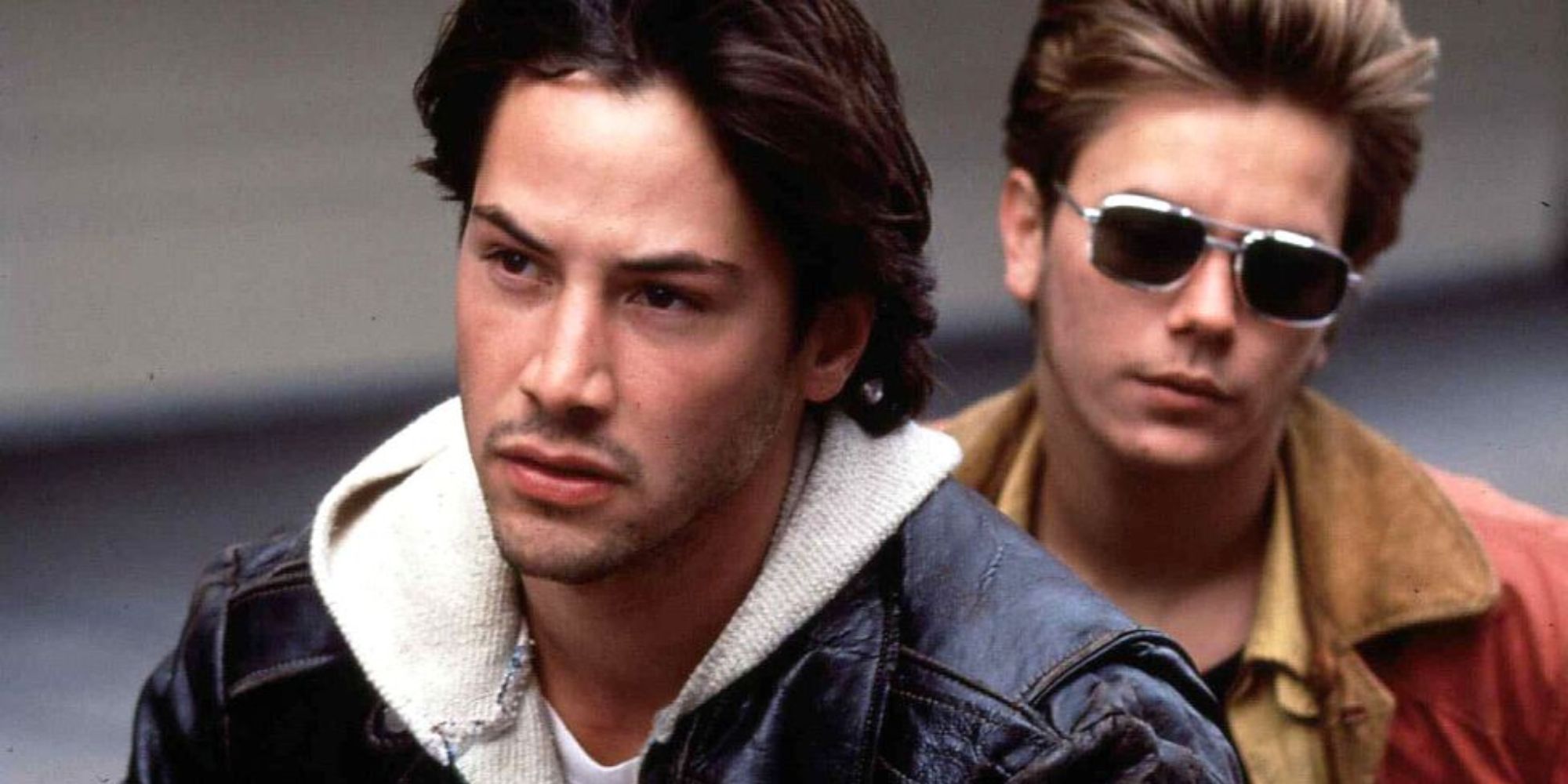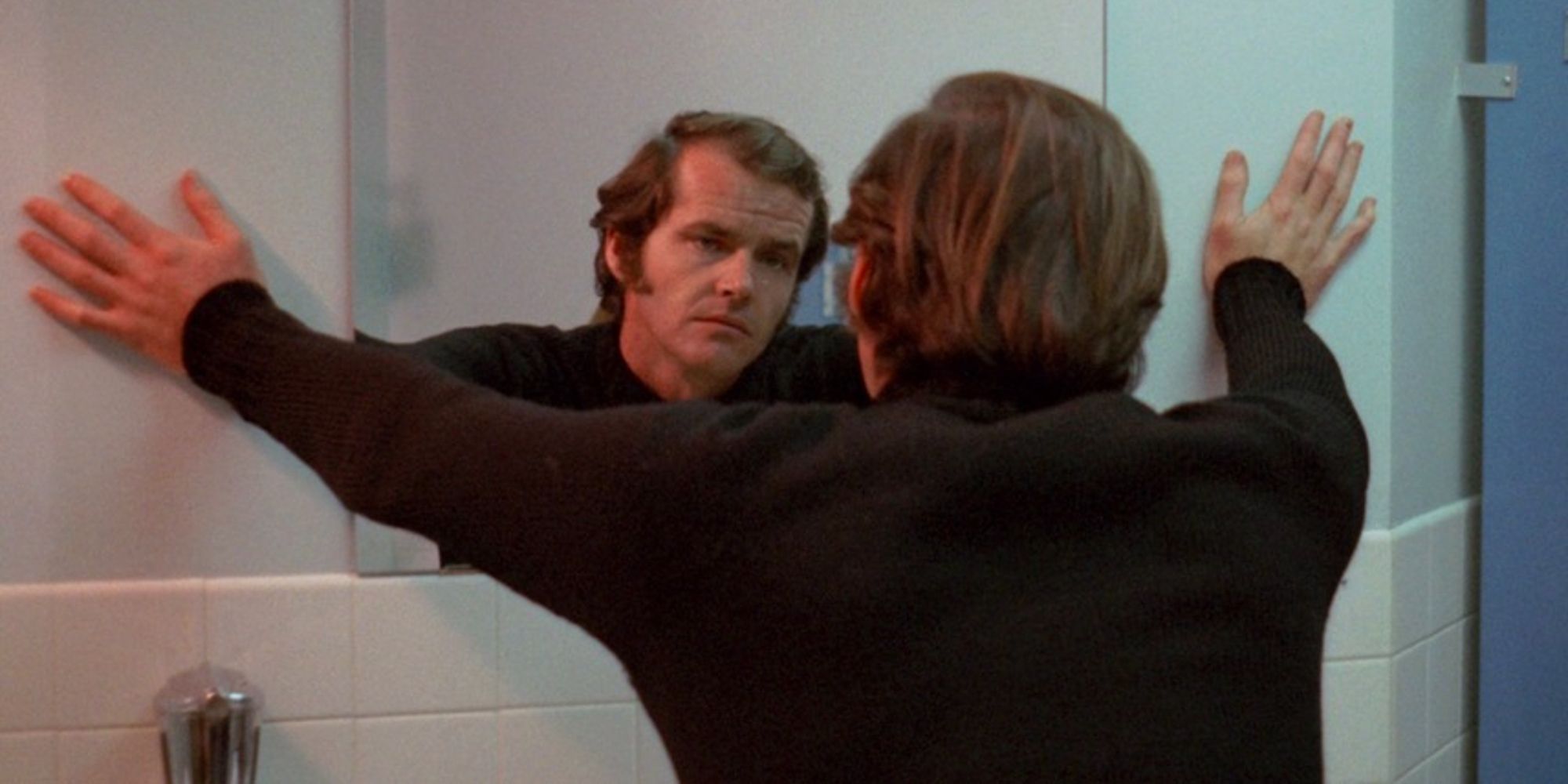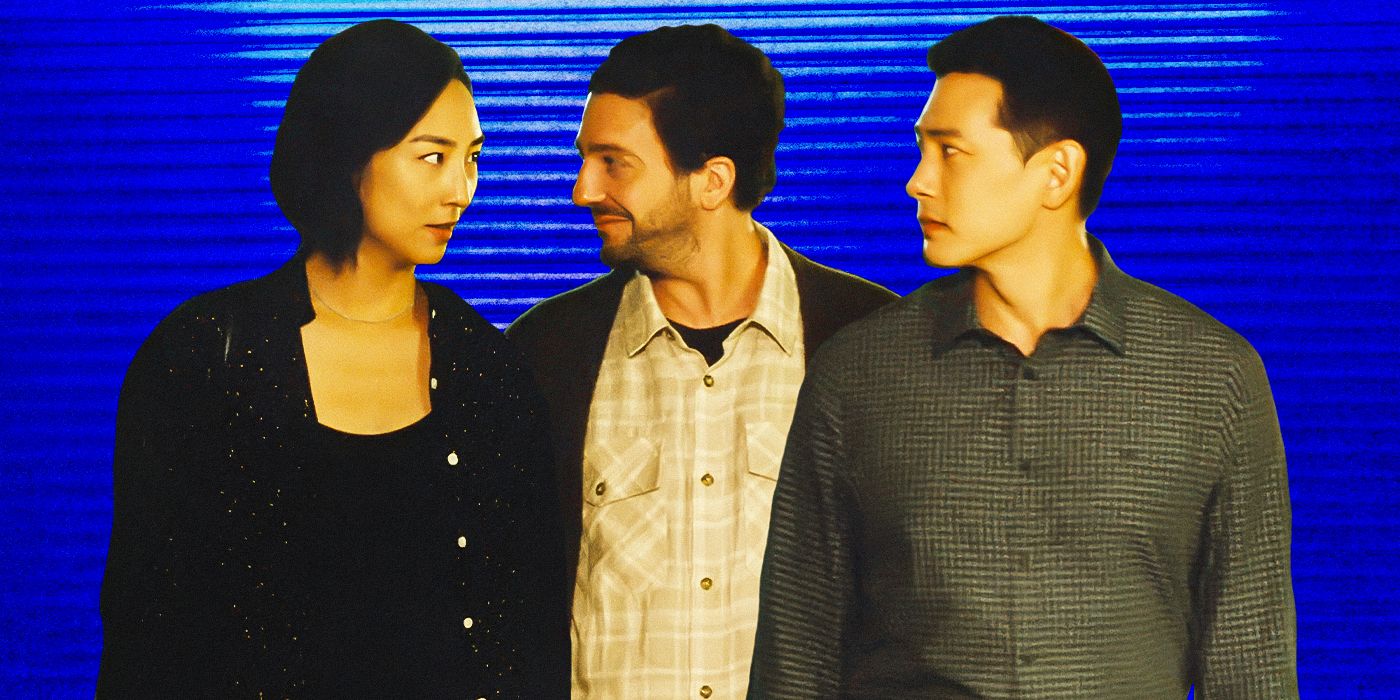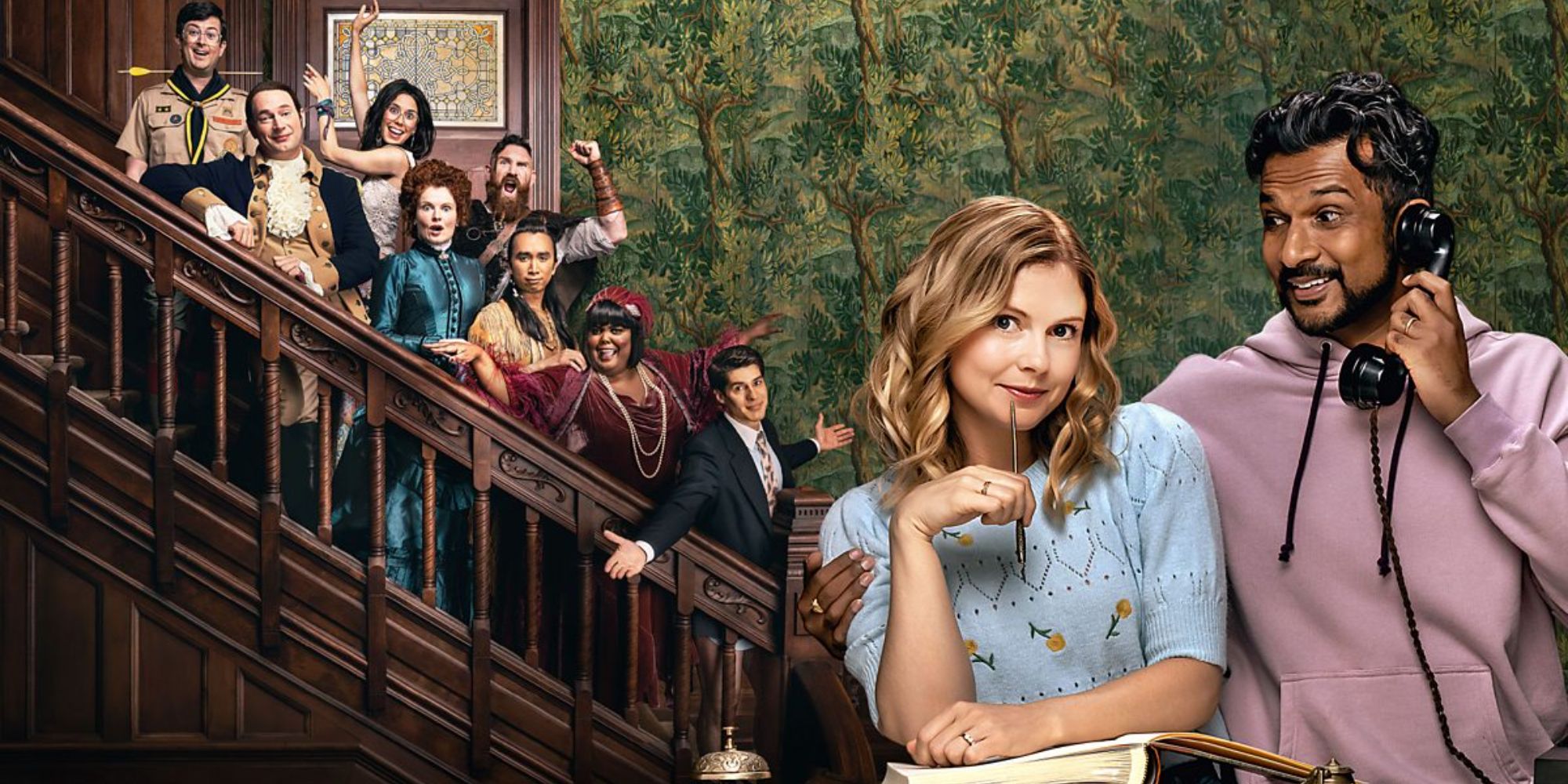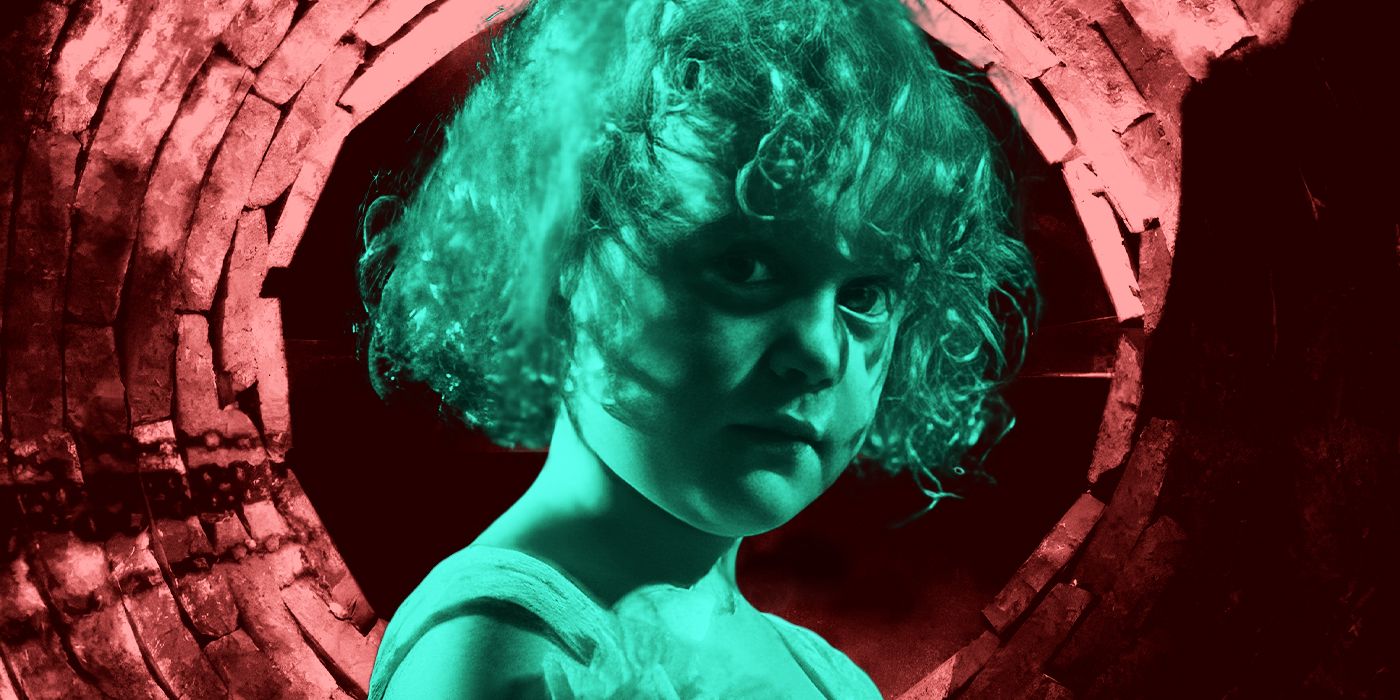Paul Dano has been turning in phenomenal work since his lead role in L.I.E opposite Brian Cox back in 2001. His subsequent performances in Little Miss Sunshine and There Will Be Blood placed him firmly on the map. Since then, Dano’s tried his hand at directing and cemented his place as one of the most versatile actors in Hollywood. How many other actors could play a Batman villain and Steven Spielberg‘s dad in the same year?
Like most successful actors, Dano is an avid student of film. He has spoken at length in interviews about the movies and performances that have inspired him and shaped his own approach to the craft. Dano has great and eclectic taste, and these are some of his most intriguing recommendations.
11 ‘The Thin Red Line’ (1998)
Director: Terrence Malick
“Do you imagine your suffering will be any less because you loved goodness and truth?” Set during the Battle of Guadalcanal in World War II, this philosophical war movie delves into the psychological toll of combat on individuals. It centers on a group of American soldiers as they engage in a grueling battle against the Japanese forces in the dense jungles of the Pacific. They’re portrayed by an ensemble cast of heavy hitters, including Adrien Brody, George Clooney, John Cusack, Woody Harrelson, Jared Leto, John C. Reilly, and John Travolta.
A project of this scale could easily have collapsed under its own weight, but Malick has the skill to keep these many plates spinning. In particular, the film is notable for its contemplative approach, exploring the inner thoughts and existential crises of the characters. “Whatever Terrence Malick was doing in that movie, it felt like in his films he was actually searching for something. It was a completely different experience as a viewer to watch somebody search,” Dano said.
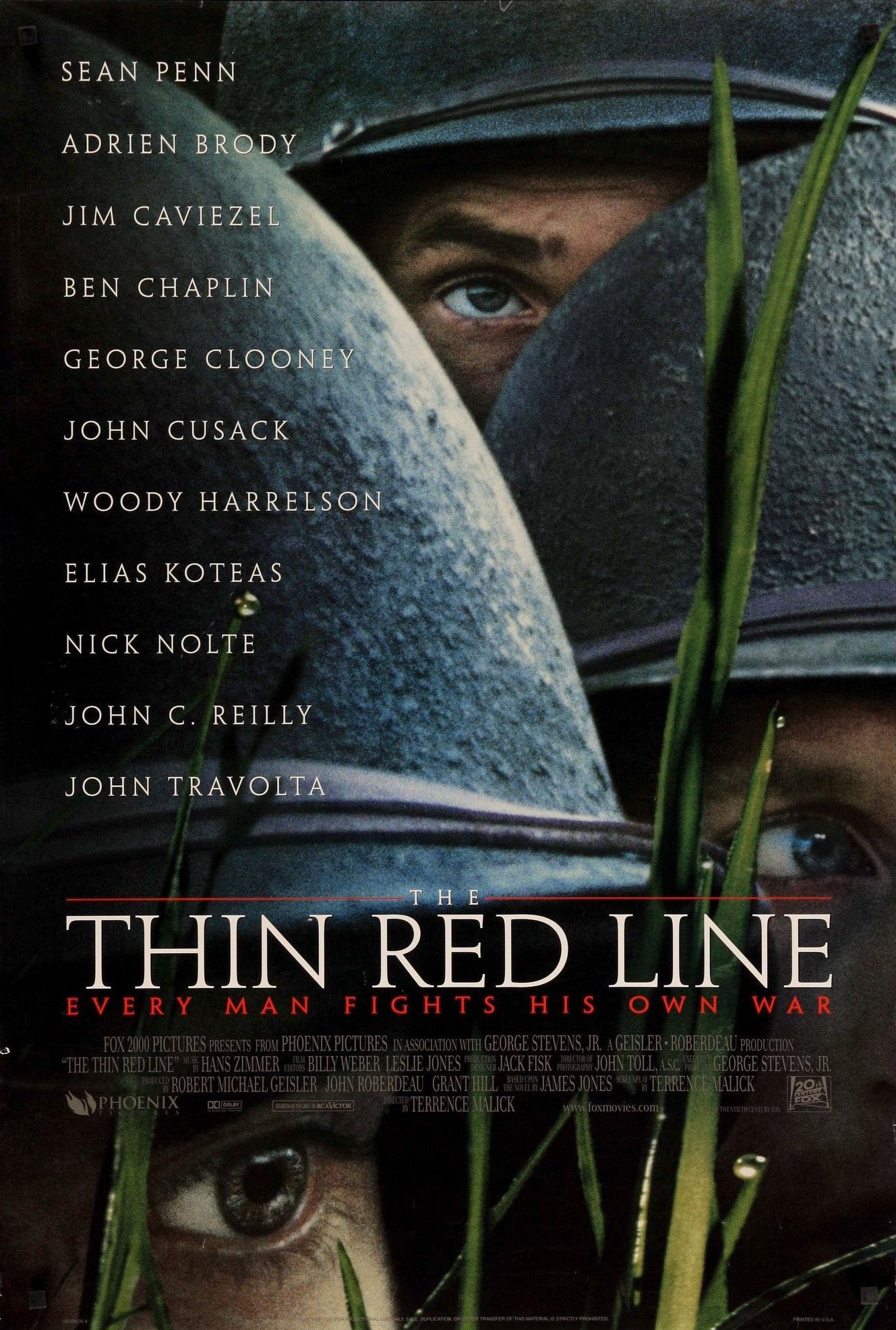
Watch on Starz
10 ‘Don’t Be A Menace to South Central While Drinking Your Juice in the Hood’ (1996)
Director: Paris Barclay
As its wordy title suggests, this comedy is a send-up of various movies about Black men living in the inner city, like Boyz N the Hood, South Central, Juice, and Menace 2 Society. Shawn and Marlon Wayans star as Ashtray and Loc Dog, two cousins living in South Central Los Angeles. Ashtray is the everyman, a newcomer to this environment, while Loc Dog is a hardened gangster who carries a gun and even has a nuclear warhead in the back of his truck.
Loc Dog teaches Tray about life in the hood, naturally leading to all kinds of whacky shenanigans and, eventually, a climactic shootout. The result is a genre parody in the tradition of Airplane!, prefiguring Scary Movie and its endless spinoffs for several years. Dano mentioned that Don’t Be a Menace, along with Dazed and Confused and Ace Ventura, was one of the first movies that he became obsessed with and watched over and over. “I saw [it] a million times in middle school or high school,” he said.
Watch On Netflix
9 ‘A Man Escaped’ (1956)
Director: Robert Bresson
During World War II, Lieutenant Fontaine (François Leterrier), a Resistance fighter, is imprisoned in the fortress-like Montluc jail by the occupying Germans. His situation seems bleak, but he refuses to give up hope. After realizing that the door of his cell is made of soft wood, he begins plotting a daring escape. He steadily makes progress in his plans, but the further he gets, the more the risk of exposure increases.
Director Robert Bresson ratchets up the tension the whole way, using minimal dialogue and a precise soundtrack to great effect. All the more amazingly, the film is based on a true story. Dano said A Man Escaped was one of the movies that changed his life. “I just didn’t know you could make movies like that, and it absolutely was a game changer in how I saw film. It was something about the simplicity and the complexity within that simplicity,” Dano said.
Watch On Criterion
8 ‘Yi Yi’ (2000)
Director: Edward Yang
“Why didn’t you come that day? I waited and waited. I never got over it.” This sprawling drama follows three generations of the middle-class Jian family living in Taipei. At the center of it all is the father NJ (Wu Nien-jen) who is grappling with the demands of his job, a chance encounter with an old flame, and his mother-in-law’s sudden illness. Meanwhile, his teenage daughter Ting-Ting (Kelly Lee) faces the challenges of adolescence, and his young son Yang-Yang (Jonathan Chang) explores the world with innocent curiosity.
Through its unhurried pacing and meticulous observation, Yi Yi makes for a moving portrait of a family haunted by half-truths, missed opportunities, and nagging doubts, as well as a great window into life in Taiwan. It won the Best Director Award at Cannes and has since been ranked by multiple publications, including Sight & Sound, as one of the best movies of the 21st century. “This filmmaker is super important to me and Yi Yi is an incredible film,” Dano said.
Rent On Prime Video
7 ‘Good Morning’ (1959)
Director: Yasujirō Ozu
Good Morning is a comedy by Yasujirō Ozu, the giant of Japanese cinema most famous for the masterful Tokyo Story. This one revolves around the lives of two young boys, Isamu (Masahiko Shimazu) and Minoru (Shitara Koji), who embark on a silent protest against their parents by refusing to speak until they get a television set. Their wordless rebellion causes a stir in their suburban community, sparking various comedic situations and misunderstandings.
Ozu uses this seemingly simple premise to delve into the nuances of family relationships, generational gaps, and the impact of modernization on traditional values in post-war Tokyo. “One filmmaker who really changed how I thought about film is Ozu,” Dano said. “I just don’t think I knew you could make films like he does. That you could just put the camera somewhere, rely on the composition and just the image and the cut, and that the sort of rhythm of it, his storytelling, sort of ends up transcending itself by the end.”
Watch On BFIPPlayer
6 ‘Make Way for Tomorrow’ (1937)
Director: Leo McCarey
Make Way for Tomorrow is a classic drama directed by Leo McCarey, who also helmed the Marx Brothers masterpiece Duck Soup. It follows Barkley (Victor Moore) and Lucy Cooper (Beulah Bondi), a married couple who, after losing their home due to financial difficulties, must rely on their adult children for support. However, their children’s busy lives and lack of understanding begin to weigh on them.
Through these characters, the movie examines the impact of the Great Depression on society generally. This is all the more striking since the economic downturn was still in full swing when the film was made. Not for nothing, McCarey considered this to be his masterpiece. When he won the Oscar for The Awful Truth, he said, “Thanks, but you gave it to me for the wrong picture.” “I love this film. Such a beautiful American melodrama and the film that inspired Tokyo Story, I believe,” Dano said.
Watch On Criterion
5 ‘This Sporting Life’ (1963)
Director: Lindsay Anderson
Richard Harris stars in this British New Wave drama as Frank Machin, a tough and ambitious coal miner turned rugby player. He gains a lot of attention for his aggressiveness on the field. While his career flourishes, his personal life becomes increasingly complex, marked by a tumultuous relationship with his widowed landlady, Margaret Hammond (Rachel Roberts).
This Sporting Life is quintessential “kitchen-sink realism.” It’s notable for its raw and realistic portrayal of working-class life in Northern England and the authentic lead performances. All of Harris’s and Roberts’s scenes are charged with undercurrents of tension. Director Lindsay Anderson (in his feature debut) approaches the material with a keen eye, delving into issues of class and masculinity. “This is just an incredible performance,” Dano said of Harris. “I saw it a long time ago, and I feel like when you get to see acting like that that’s really so raw, and it feels unstudied.”
Watch On Criterion
4 ‘A Brighter Summer Day’ (1991)
Director: Edward Yang
Zhang Zhen (Chang Chen), nicknamed Si’r, is a teenage boy living in Taipei during the 1950s and ’60s. He begins spending time in the orbit of a gang called the Little Park Boys. In the process, he befriends Ming (Lisa Yang), the girlfriend of the gang’s former leader. However, S’ir faces a number of obstacles, like the ever-increasing gang violence and his father’s (Chang Kuo-chu) persecution by the government. When he learns that Ming is in a relationship with his friend Ma (Tan Chih-kang), it’s the last straw.
A Brighter Summer Day is a true epic, clocking in at just under four hours. It sees Yang exploring everything from adolescent identity and family expectations to political unrest. The film paints a vivid picture of a society in flux, with its characters reflecting the broader tensions and transformations in Taiwan during that period. “[It’s] one of my favorite films ever made,” Dano said.
2 ‘My Own Private Idaho’ (1991)
Director: Gus Van Sant
Loosely based on Shakespeare‘s Henry IV and Henry V, this unconventional drama chronicles the journey of two friends, Mike Waters (River Phoenix) and Scott Favor (Keanu Reeves), across the Pacific Northwest. Mike is a narcoleptic street hustler searching for his estranged mother, while Scott is a privileged young man on a quest for adventure and self-discovery. Along the way, they encounter a motley crew of characters, including Bob Pigeon (William Richert), a mentor to a gang of street kids, and find themselves in the most unexpected places. All the while, Mike harbors romantic feelings for Scott.
Dano praised the performances by Reeves and Phoenix. “The scene by the fire when they’re on the road and he kind of confesses to Keanu’s character that he feels something for him, he said something so honestly and vulnerably, a woman gasped in the theater […] There was something intimate, it was like we shouldn’t be watching this” Dano said.
Rent On Prime Video
1 ‘Five Easy Pieces’ (1970)
Director: Bob Rafelson
“The best that I can do, is apologize.” Jack Nicholson delivers one of the standout performances of his early career in this New Hollywood gem. He plays Bobby Dupea, a once-promising concert pianist turned blue-collar oil rigger. Living a discontented and restless existence, Bobby finds himself torn between the intellectual world he left behind and the working-class reality he currently inhabits. When he learns of his father’s terminal illness, Bobby sets out on a road trip with his girlfriend Rayette (Karen Black), sparking a confrontation with his past.
Dupea is a charismatic, intense but ultimately tragic figure. In many ways, the character established and defined Nicholson’s on-screen person. “Five Easy Pieces is probably one of my favorite films and favorite performances ever,” Dano said. “I know that was probably the first time I was probably really excited by acting, but in a way that I wasn’t looking for. I was just like, ‘Holy sh*t, what’s he doing?'”
Rent On Prime Video

